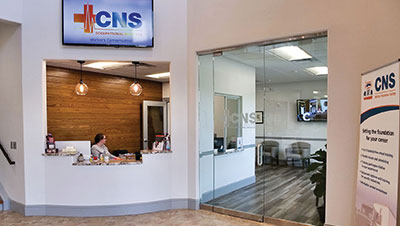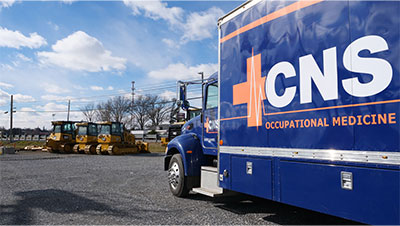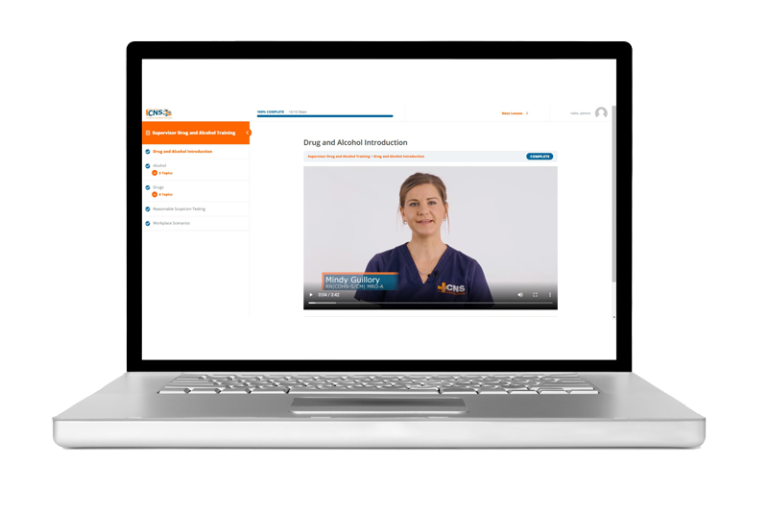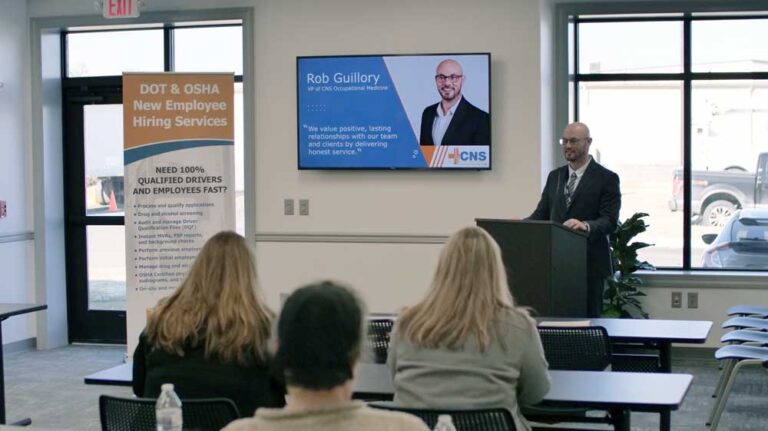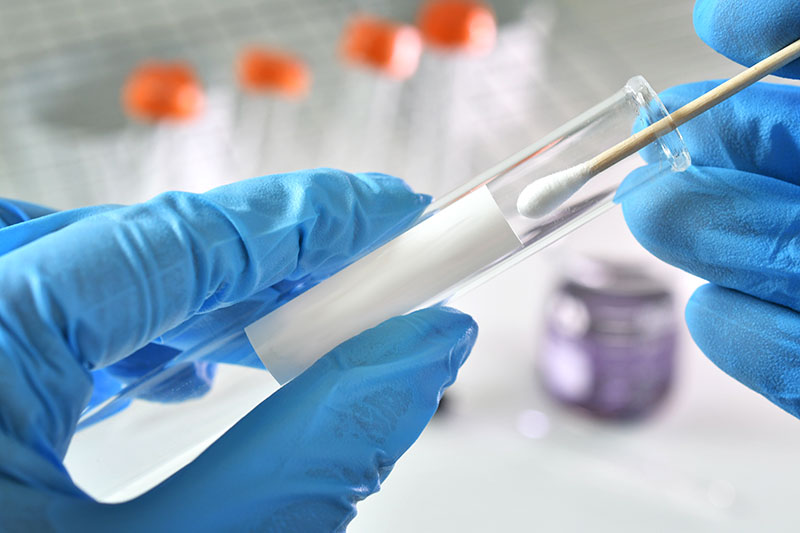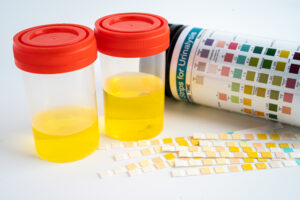To implement oral fluid testing under DOT’s regulation, the U.S. Department of Health and Human Services (HHS) will need to certify at least two laboratories for oral fluid testing, which has not yet been done.
After DOT’s notice of proposed rulemaking in Feb 2022, and the following comment period, DOT is finally adding the oral fluid testing procedures as another method beyond the existing urine drug testing procedures for safety-sensitive transportation employees subject to drug testing under Part 40.
This additional drug testing method will give employers a choice that will help:
- Eliminate the costs of shy bladder evaluations,
- Alleviate the burden on individuals who cannot produce a sufficient urine specimen due to a psychological and/or physical medical condition,
- Open transportation safety-sensitive employment possibilities to many who have disabilities rendering them unable to produce an adequate urine specimen, and
- Thwart cheating
So, what has changed since the year-long review of the comments for the proposed rule?
Laboratories must be certified for oral testing
For an employer to implement oral fluid testing under DOT’s regulation, the U.S. Department of Health and Human Services (HHS) will need to certify at least two laboratories for oral fluid testing, which has not yet been done.
LabCorp and Quest are expecting to be certified first. LabCorp is hoping to be certified by November or December of this yeas as labs will need to validate the reagent and apply for federal inspection, which is a process.
- There must be one HHS-certified laboratory to conduct the screening and confirmation drug testing on the primary specimen.
- There must be a different HHS-certified laboratory to conduct the split specimen drug testing on the secondary specimen if the employee requests split specimen testing for a non-negative result.
- If the employee requests the testing of their split specimen and there is not a second HHS-certified laboratory to test it, then the positive/adulterated/substituted test result would be cancelled per § 40.187(e) because there would not be a way for the employee to have their split specimen tested and this would undermine the fairness and accuracy of the underlying test.
The following is a link to HHS-certified laboratories: https://www.samhsa.gov/workplace/drug-testing-resources/certified-lab-list
As of May 2, 2023, HHS has not yet certified any laboratories to conduct oral fluid testing.
While the final rule is effective June 1, 2023, oral fluid testing under part 40 cannot be fully implemented until HHS certifies at least two laboratories.
What should carriers change in their drug testing policy?
DOT determined that oral fluid testing will be an additional option for DOT-regulated employers and not a replacement for urine testing.
With both drug testing methods scientifically accurate and forensically defensible, there is no reason to eliminate either method in your company policy. Similarly, we see no reason to mandate either method.
Given your new options, when should you consider requiring oral testing over urine?
It comes down to the detection window and the invasiveness of each method.
[Related: The Basics of Oral Saliva Drug Testing]
The drug detection window for urine testing is from 2-7 days while oral testing is a few hours to 2 days.
Since you want to know if drugs may have played a factor in recent events, oral testing is the best method for:
- Reasonable suspicion testing, and
- Post-accident testing
Additionally, urine testing can feel more invasive due to the personal nature of the method. So, if you are testing onsite and there is an issue for comfortable bathrooms or privacy, oral testing is a great option to use.
This is also true for “observed” urine drug tests where a staff member must directly watch the stream of urine to the cup in these return-to-duty or follow-up testing process. With oral swab, there is much more privacy with a similar amount of scientifically accurate testing method.
Lastly, there are insufficient specimen or “shy bladder” cases where we strongly recommend employers to use oral fluid testing.
Employers should communicate to their consortium/third party administrator (C/TPA) and to their collection sites whether they want to utilize urine testing, oral fluid testing, or some combination of both.
Employers should also provide their service agents with the specific instances that would trigger a different method (for example, an insufficient oral fluid collection should immediately become a urine collection or vice-versa).
Large opposition around who will perform oral fluid collections
Most of the comments on “Internal” or “self-collection” by companies was met with large opposition.
Interestingly, many of those commenters appeared not to realize that employers have been allowed to collect urine specimens in-house for more than 30 years.
While some large employers in the transportation industries have used on-site clinics and regularly conduct urine collections, including direct observation collections, the concerns were around who should or should not be allowed to perform a drug test collection.
DOT has amended § 40.31 to separately specify the requirements for collectors of urine and oral fluid specimens, respectively.
The following cannot conduct collections, consistent with existing guidance in the Department’s Urine Specimen Collection Guidelines:
- employees,
- relatives, and
- close friends of the employees
CNS Occupational Medicine can help with oral testing and customized policy development
Drug testing policies can be complicated and should consider:
- Purpose of the Policy
- Specimen Types
- Testing Procedures
- Prescription Drug Disclosure
- Federal Regulations (DOT)
- State Drug Testing Laws and Marijuana Laws
- Workers’ Compensation
- ADA
- Prohibited Conduct
- Consequences
At CNS, we also offer a comprehensive Drug and Alcohol Consortium Service and are a certified consortium and third-party administrator (C/TPA).
Our experts ensure that all DOT rules and regulations are followed, including the implementation of random drug tests for you and your drivers, updating your company drug testing policies, record retention and document purge management.
Join our consortium today!
For more information, contact us at 800.551.9816 or info@cnsoccmed.com.

